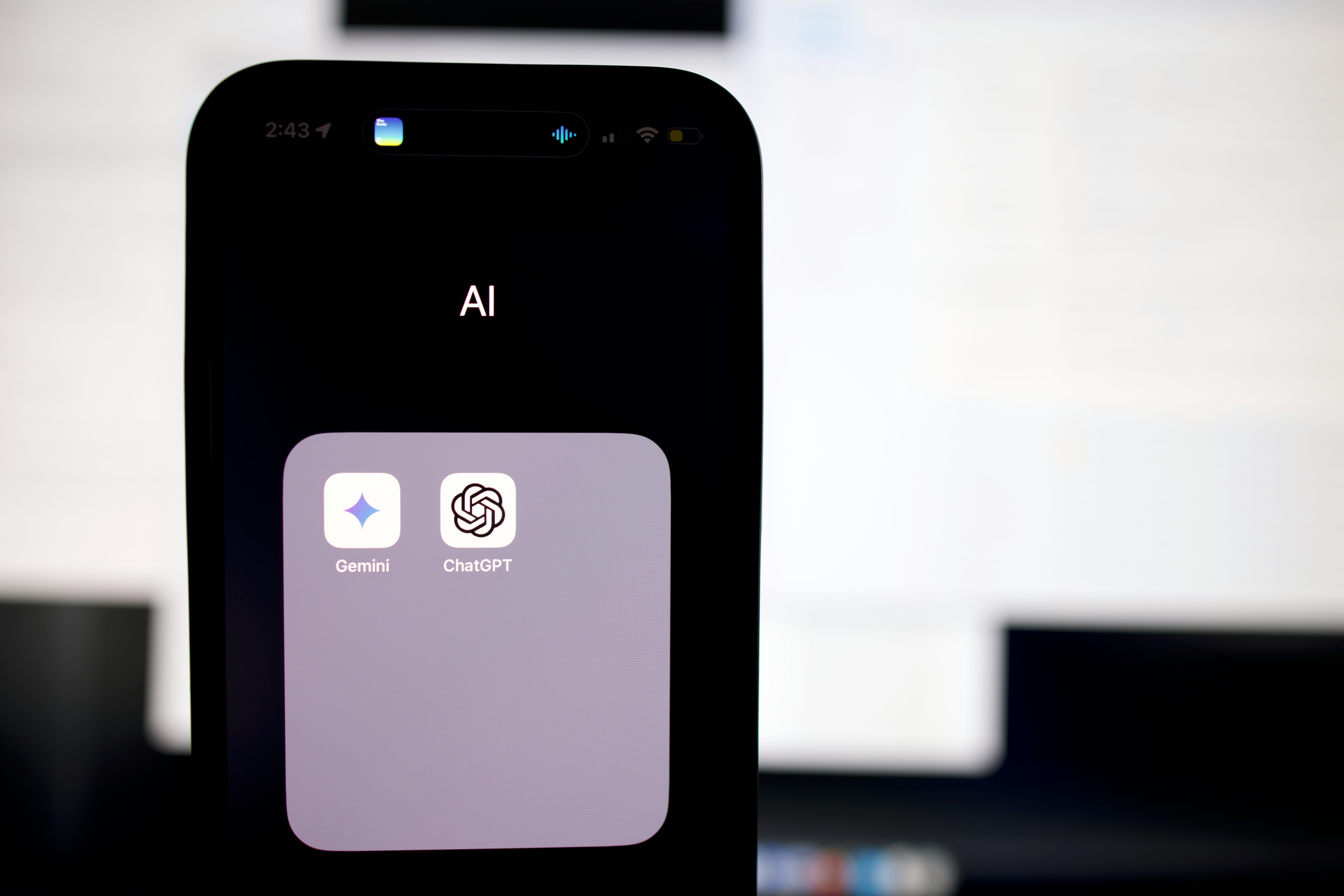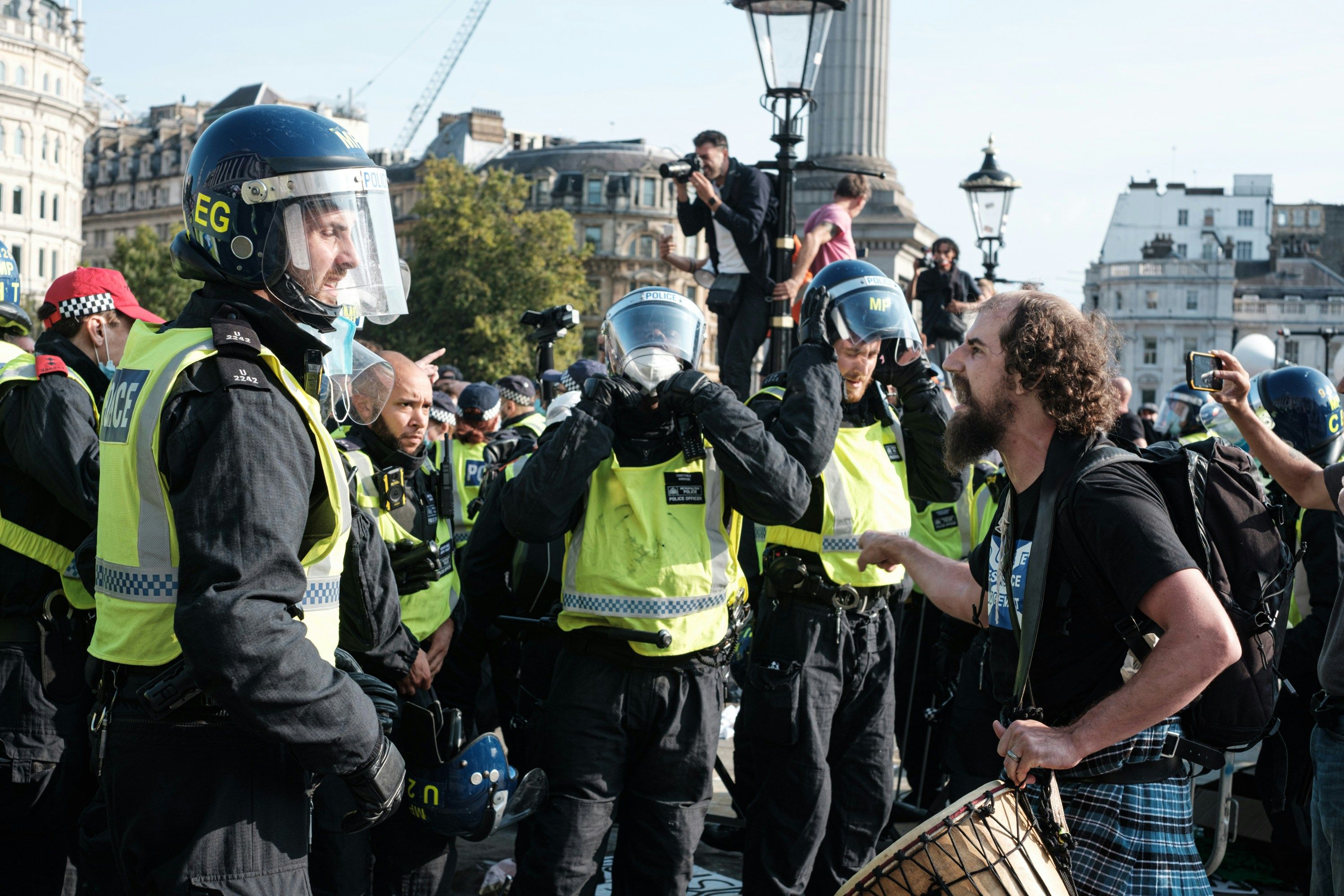As we approach the 2024 elections, the advancements in artificial intelligence and machine learning have ushered in a new era of digital capabilities, among which AI deepfakes stand out for their potential to disrupt electoral integrity. Deepfakes, hyper-realistic video and audio forgeries created with AI, pose a significant challenge to distinguishing truth from fabrication, thereby threatening the very foundation of informed voting and democratic discourse. Understanding the implications of AI deepfakes on the electoral process is crucial for safeguarding democracy and maintaining trust in the electoral system.
Understanding AI Deepfakes
AI deepfakes refer to videos, images, or audio recordings that have been manipulated using advanced artificial intelligence and machine learning techniques. This technology can alter or generate content that convincingly appears real, although it’s completely fabricated. The term itself is a blend of "deep learning," a subset of machine learning algorithms, and "fake," indicating the deceptive nature of the content. These alterations can range from changing words in a speech to swapping faces in videos, creating scenarios that never actually happened.
The realm of AI deepfakes has seen several concerning examples in recent years. Notably, politicians have been targeted, with their images or voices being manipulated to make it seem as though they’ve said or done things that are out of character or outright false. Celebrities have also been placed in controversial contexts, causing unwarranted scandal and distress. Such instances underscore the power of deepfakes in shaping public perception falsely, leading to misinformation and disinformation spreading with ease.
Significance of the 2024 Elections

The 2024 elections hold paramount importance as they will decide significant leadership positions within the United States, affecting both domestic and international policies. Amidst a rapidly evolving technological landscape and growing polarization, the integrity of these elections is meticulously scrutinized. Ensuring that the democratic process remains untainted is essential for maintaining public trust and the effective functioning of democracy.
Technology plays a dual role in modern elections. On one hand, it offers improved efficiency and accessibility in the electoral process, from voter registration to the actual casting and counting of votes. On the other hand, it introduces new vulnerabilities, with cybersecurity threats and the potential for misinformation campaigns being prime concerns.
The upcoming elections face several vulnerabilities that could compromise electoral integrity:
- Cybersecurity Threats: Potential attacks on election infrastructure could disrupt the process or cast doubt on the results.
- Misinformation and Disinformation: The spread of false information can mislead voters and skew public opinion.
- AI Deepfakes: Particularly insidious, deepfakes can create false narratives and sow discord among the electorate.
Addressing these challenges requires concerted efforts from governments, tech companies, and citizens alike to safeguard the democratic process.
Risks Posed by AI Deepfakes
AI deepfakes, remarkably sophisticated doctored videos and audio, harbor substantial risks, particularly in spreading misinformation and manipulating public opinion. These deepfakes can convincingly impersonate public figures, making unfounded claims or issuing fake endorsements. In the context of the 2024 elections, such technologies could be used to create false narratives or distort the records of political candidates. Their ability to blend seamlessly into the vast digital information stream makes them powerful tools for those intending to sow discord or influence election outcomes unduly.
The persuasive power of visuals and audio in shaping voter perception cannot be underestimated. AI deepfakes that misrepresent candidates’ stances or actions can materially affect public perception, potentially skewing the electorate's decisions. Given their high realism, distinguishing these fabrications from authentic content becomes increasingly difficult for the average voter, thereby eroding trust in genuine political discourse and media.
The proliferation of AI deepfakes during the electoral process poses existential threats to the very fabric of democracy. By enabling the creation and dissemination of falsehoods, they undermine the electorate's ability to make informed decisions, a cornerstone of democratic governance. If left unchecked, deepfakes could profoundly disturb electoral integrity, diminishing public faith in democratic institutions and processes.
Challenges in Detecting AI Deepfakes

The very advancements in artificial intelligence and machine learning that have facilitated the creation of deepfakes also present significant hurdles in their detection. As these technologies evolve, so too does the sophistication of generated deepfakes, making the task of distinguishing them from authentic content increasingly complex.
Current techniques employed to detect AI deepfakes often lag behind the technologies used to create them. Many of these methods rely on identifying subtle inconsistencies or anomalies in videos, which newer generations of deepfakes are capable of concealing more effectively. This ongoing game of cat and mouse complicates efforts to root out misinformation before it spreads.
To counter the threat posed by AI deepfakes, there is an urgent need for enhanced cybersecurity measures. This includes developing more sophisticated detection technologies, increasing public awareness of deepfakes, and implementing stricter regulations to govern the creation and distribution of such content. Only through concerted and continuous efforts can the integrity of the 2024 elections, and those beyond, be safeguarded against the dangers of AI-generated misinformation.
Solutions to Safeguard Electoral Integrity
To protect electoral integrity from the harm of AI deepfakes, robust regulation and policies are essential. Governments can legislate to establish clear boundaries for the creation and distribution of deepfake content, especially during crucial electoral periods. Such regulations should also mandate the transparency of AI-generated content, ensuring that individuals can easily distinguish between genuine and synthetic media.
A collaborative approach is vital in combating the spread of AI deepfakes. By working together, tech companies and government agencies can share knowledge, tools, and strategies to detect and mitigate the influence of maliciously created deepfakes. This partnership can enhance the rapid identification and removal of deepfake content from social media platforms and other digital channels, safeguarding public discourse.
Educating the public about AI deepfakes and their potential impact on elections is crucial. Public awareness campaigns can equip citizens with the knowledge and tools to critically evaluate the authenticity of information they encounter online. Additionally, offering resources and training on media literacy can empower voters to discern and report deepfake content, fostering a more informed and resilient electorate.







